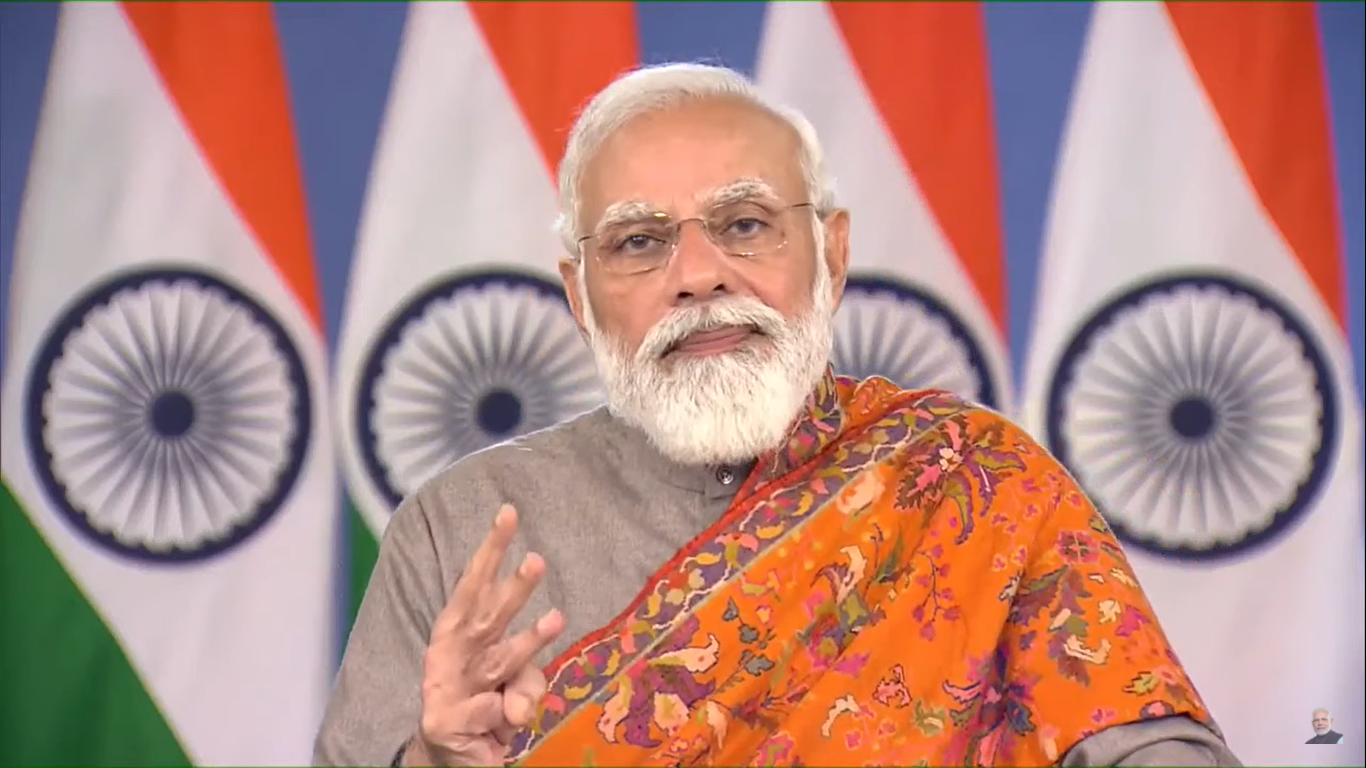
(Photo : Wikimedia commons)
PM Narendra Modi
In a significant move aimed at streamlining the electoral process in India, the Union Cabinet approved the 'One Nation, One Election' Bill on December 12, 2024. The legislation, which is expected to be tabled in the Winter Session of Parliament, is designed to synchronize the electoral cycles of the Lok Sabha and state Legislative Assemblies, allowing voters to cast their ballots for both polls simultaneously. The Centre believes that this legislation will not only streamline the electoral process but also foster greater efficiency and reduce the financial and administrative burden associated with conducting multiple elections at different times.
The government aims to address several challenges posed by the current system of staggered elections, which often lead to prolonged periods of electioneering, disruption in governance, and heightened expenditure. However, the proposal has sparked controversy. Congress leader Tariq Anwar expressed concerns about the feasibility of implementing 'One Nation, One Election' in a federal structure like India. He emphasized the need for all stakeholders to be taken into confidence before making such a significant decision.
Critics have also highlighted potential difficulties in dissolving Assemblies mid-way or addressing situations where a state government falls before completing its tenure. Despite the opposition, proponents of the Bill argue that it will usher in a new era of stability and continuity in policymaking, as governments will no longer have to operate in a perpetual election mode.
The 'One Nation, One Election' Bill is a significant step towards streamlining India's electoral process. However, it has sparked controversy and opposition, with critics arguing that it could pose logistical and constitutional challenges. Despite these concerns, proponents of the Bill argue that it will usher in a new era of stability and continuity in policymaking.









